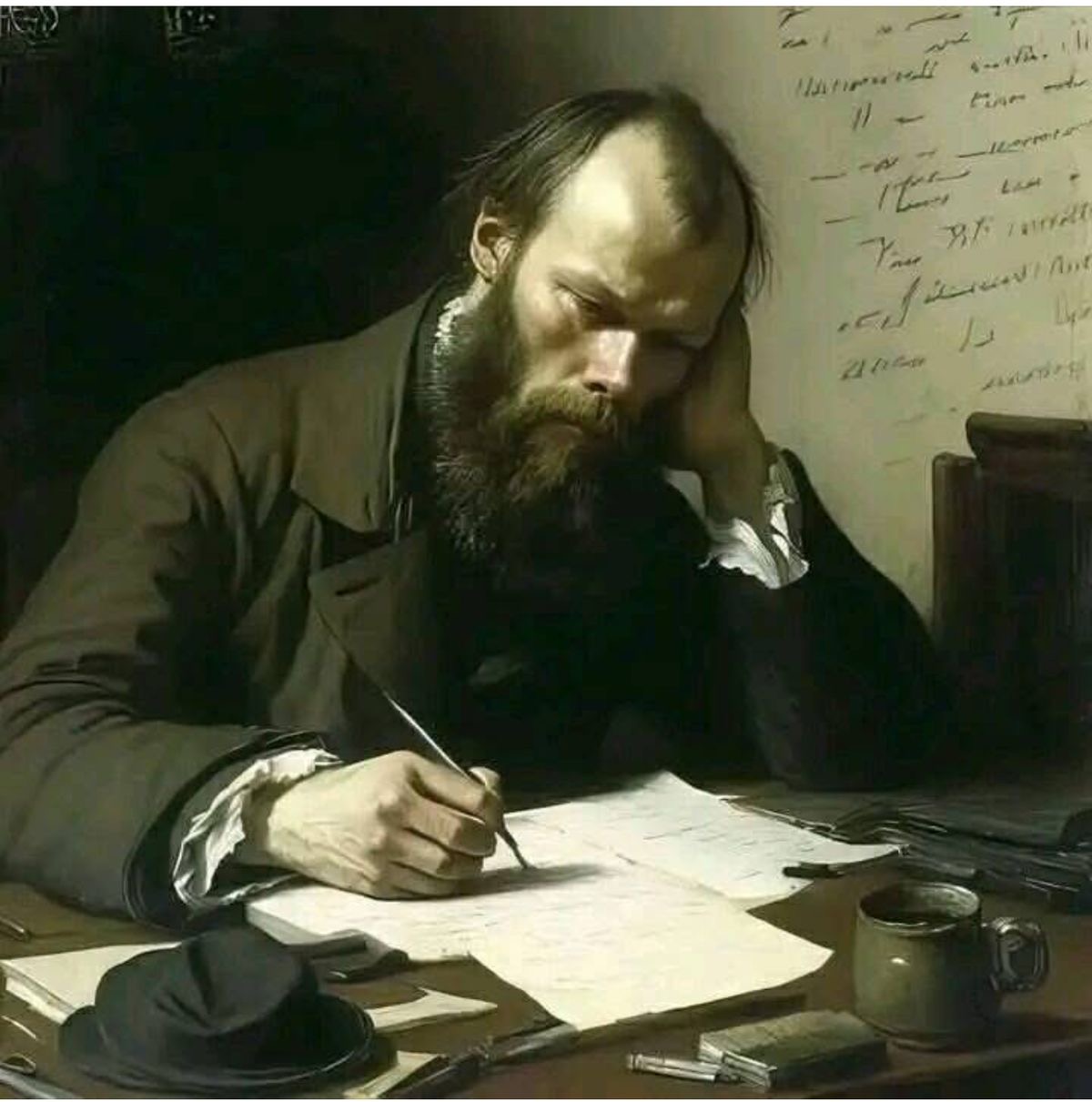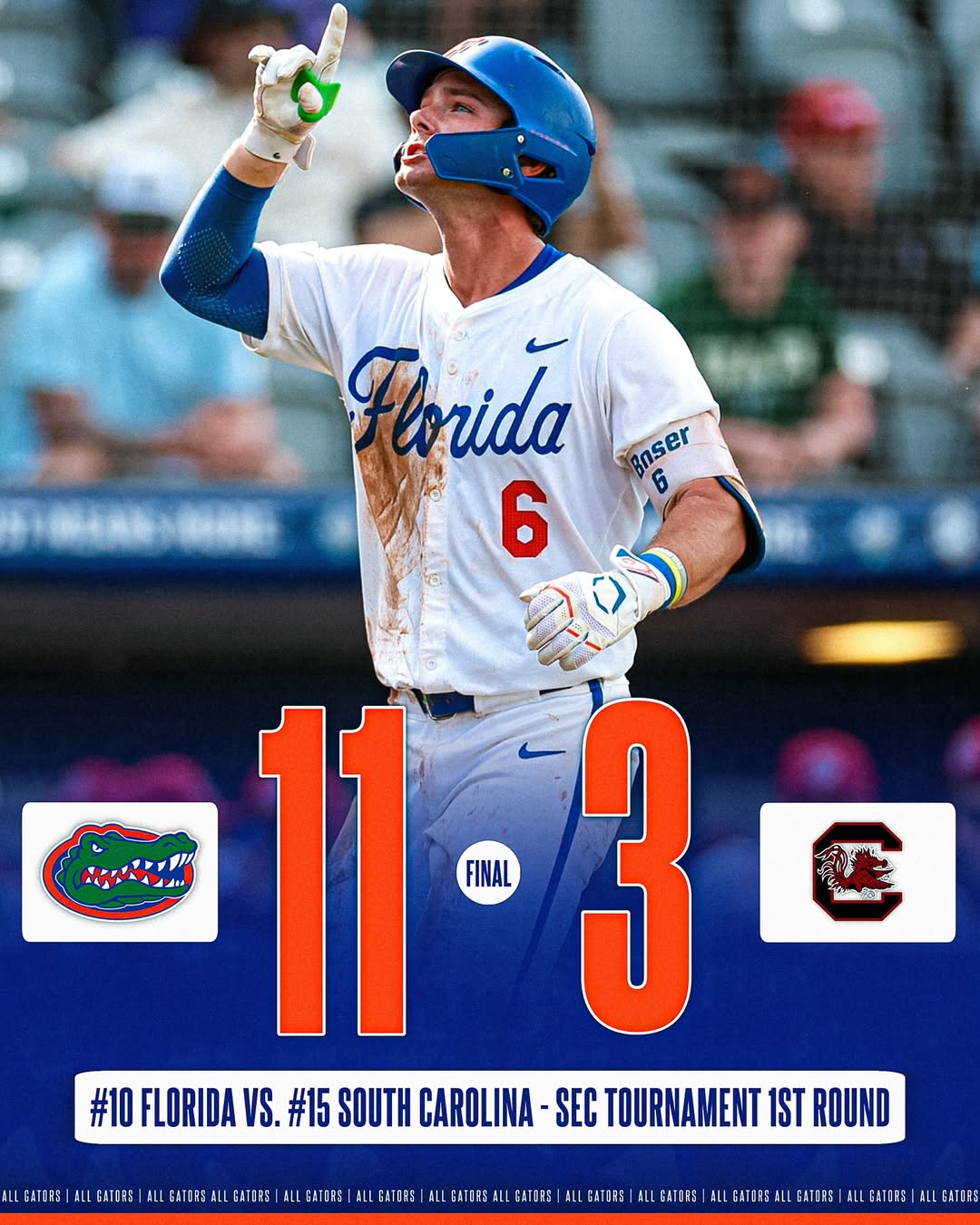Writers are a truly peculiar human kind you will ever come across. A lot of our famous writers possess some of the most peculiar lives. The good words in our best books and poems have hidden behind the intriguing lives of their authors. We are talking about lives which comprised scandals, tragedy, and phenomenal glories.
These writers, too often seen only through their books, had personal lives that were as intriguing as their stories. Learning about these secret aspects enriches our understanding of their work and makes the people we admire more human. Let’s dive in!
Scandals: The Controversies That Shook the Literary World
Let’s start with examining some of the most well-known writing scandals in the literary world.
Truman Capote: The Socialite’s Betrayal
Truman Capote was as famous for his social life as he was celebrated for works like Breakfast at Tiffany’s and In Cold Blood. Capote’s charisma gave him the invitation to New York society’s heights, friendships that he subsequently exploited in his disappointing novel, Answered Prayers.
The excerpts from the book, which were published in Esquire, exposed private secrets of his upper-class acquaintances, making him shunned by the same society that had once adored him. Such a betrayal taints his personal life and witnessed his writing career go into decline.
Mary Pix: The Plagiarism Scandal
During the late 17th century, Mary Pix emerged as a major playwright. Her career was, however, sullied by a plagiarism issue with fellow dramatist George Powell.
Pix accused Powell of copying her work, and the public outrage brought attention to the situation of women writers in a patriarchal literary world. Scandal aside, Pix continued to write, even if she typically hid behind her works following the scandal.
Tragedies: The Sorrows Behind the Stories
Several of your favorite tales have tragedies hidden behind them. Here are the saddest tales in writing:
Sylvia Plath: Struggle Against Mental Illness
Sylvia Plath’s poems all resound with intense emotion, her own struggles against depression. Literarily successful in novels like The Bell Jar, Plath fought all her life against her struggle with mental illness and died tragically in suicide at age 30. Her life, and life struggles, provide an insight to mental illness issues for many now confronted with its presence.
Ernest Hemingway: The Weight of War and Tragedy
The adventurous persona of Ernest Hemingway concealed great inner turmoil. World War I and the Spanish Civil War left indelible marks on his life, permeating his minimalistic writing.
Though he won the Nobel Prize in Literature, Hemingway was tormented by depression and disease, leading to his death by suicide in 1961. His life and work betray the long-lasting impact of war and personal loss.
Triumphs: Overcoming Adversity
Enough tragedies for one sitting. Here are some uplifting tales of rising from the ashes:
Maya Angelou: From Silence to Voice
Maya Angelou’s journey from a violent childhood, where she was left speechless by abuse, to finding her voice as a renowned poet and civil rights activist is nothing short of inspiring.
Her memoir, I Know Why the Caged Bird Sings, is a proof of her strength. It has become a classic in American literature, inspiring millions of readers across the globe. This made her one of the most recognized women in history.
Stephen King: Fighting Addiction
Horror writer Stephen King fought his demons in the forms of addiction to alcohol and drugs. In the late 1980s, with the support of his family, King conquered his addictions. He emerged a wiser, stronger man, continuing to pump out bestsellers that have captivated readers for decades. His own triumph over the powers of addiction attests to the power of his will and his dedication to his craft.
The Complex Legacy of Literary Figures
Writing is an under-valued vocation, with a larger psychological impact on the life of an individual than is perhaps known. The lives of authors like Truman Capote and Mary Pix are a reminder that the literary world is not beyond scandal and controversy.
At some point, there are failures that can tarnish a writing career. Likewise, Capote’s demolition of his social standing and Pix’s plagiarism scandal highlight the moral dilemmas and personal turmoil that accompany the pursuit of literary success.
Tragedies such as those Sylvia Plath and Ernest Hemingway went through strip the inner personal anguish so very frequently hidden behind the cloak of artistic brilliance. We glimpse our own mortality behind their pieces of art as they battle mental illness and the ghosts of war’s terrifying aftermath.
In contrast, the achievements of Maya Angelou and Stephen King show the incredible resilience of the human spirit. Angelou’s metamorphosis from a voiceless child to a dominant literary and civil rights leader is an ongoing source of inspiration. King’s defeat of addiction, too, is a compelling story of adversity conquered.
Their successes, failures, and scandals provide us with a mirror to our life, a reflection of the human life in all its dimensions. We discover that each script has an accompanying individual journey full of highs and lows and achievements, like our own.










Leave a Reply